Is a Hyundai Extended Warranty Worth the Price? A Cost-Benefit Analysis
Understanding Hyundai's Impressive Factory Warranty
Before we even discuss extended warranties, it's crucial to acknowledge Hyundai's outstanding factory warranty. Known as 'America's Best Warranty,' Hyundai offers one of the most generous coverage packages in the industry. Typically, this includes a 10-year/100,000-mile powertrain limited warranty and a 5-year/60,000-mile new vehicle limited warranty. This means that for the first several years and tens of thousands of miles, your major components and most original parts are already well-covered. Understanding these robust factory protections is your starting point, as they directly impact when and if an extended warranty becomes relevant.What Exactly is a Hyundai Extended Warranty?
An extended warranty, also often referred to as a vehicle service contract, is essentially an insurance policy for your car's mechanical and electrical components after the factory warranty expires. For Hyundai owners, this can come in two main forms: a Hyundai-backed plan (often sold at dealerships) or a third-party provider's plan. These plans are designed to cover the cost of repairs for specific components should they fail due to defects in materials or workmanship, beyond the manufacturer's original coverage period. They aim to provide peace of mind against unexpected, costly repair bills as your vehicle ages and accumulates mileage.The Potential Benefits: Why Consider One?
- Peace of Mind: The primary draw of an extended warranty is the peace of mind it offers. Knowing that a major, unexpected repair won't financially cripple you can be a huge relief, especially if you're on a tight budget.
- Protection Against Rising Repair Costs: Car repair costs have steadily increased. As vehicles become more technologically advanced, their components can be more expensive to fix or replace. An extended warranty can shield you from these escalating expenses.
- Budget Predictability: With an extended warranty, you pay a set amount upfront or in installments, making your vehicle maintenance costs more predictable over time. This can be easier to budget for than sudden, large repair bills.
- Increased Resale Value: A transferable extended warranty can be an attractive selling point for potential buyers, often allowing you to fetch a higher resale price for your Hyundai.
- Access to Certified Repairs: Hyundai-backed extended warranties typically ensure repairs are performed by certified technicians using genuine Hyundai parts, maintaining your vehicle's integrity.
The Potential Drawbacks: Is It Always Worth It?
- Upfront Cost: Extended warranties can be expensive, often ranging from hundreds to thousands of dollars. This is money you're spending upfront, and if your car doesn't experience major issues, you might feel like you've wasted it.
- Overlap with Factory Warranty: Many extended warranties are purchased when the car is new. Since Hyundai's factory warranty is so comprehensive, you'll be paying for coverage that you already have for several years.
- Exclusions and Fine Print: Not everything is covered. Wear-and-tear items (like brakes, tires, oil changes), cosmetic damage, and repairs resulting from accidents or lack of maintenance are typically excluded. You must read the contract thoroughly to understand what is and isn't covered.
- Deductibles: Many extended warranty plans come with a deductible per repair visit, which means you'll still pay a portion out-of-pocket for covered services.
- Hyundai's Reliability: Hyundai vehicles are generally known for their reliability. While no car is immune to issues, their strong track record might make some owners question the necessity of additional coverage.
- Limited Repair Facilities: Some extended warranties, especially third-party ones, might restrict where you can get your car serviced, potentially limiting your options or convenience.
Cost-Benefit Analysis: Crunching the Numbers for Your Hyundai
The decision to purchase a Hyundai extended warranty boils down to a personal cost-benefit analysis. Consider these factors:How long do you plan to keep your Hyundai? If you typically trade in your car every few years, your factory warranty might cover most of your ownership period, making an extended warranty less valuable.
Your driving habits and annual mileage: High-mileage drivers might find more value in an extended warranty as their vehicle components will experience more wear and tear sooner.
Your personal risk tolerance: Are you comfortable setting aside money for potential repairs, or would you prefer to pay a fixed amount for guaranteed coverage?
Your emergency fund: Do you have a healthy savings account that could easily cover a few thousand dollars in unexpected car repairs? If so, you might be able to 'self-insure' instead.
Average repair costs for your specific Hyundai model: Research common issues and their repair costs for your model year after the factory warranty typically expires. Websites like RepairPal or Edmunds can provide estimates.
Compare the cost of the extended warranty against potential repair savings. For example, if a major transmission repair could cost $4,000 and your warranty costs $2,500, it might seem like a good deal. But what if you only have minor repairs totaling $500? It's a gamble.
Dealer vs. Third-Party Providers: What's the Difference?
When exploring your options for a Hyundai extended warranty, you'll generally encounter two main types:Dealer-Offered (Manufacturer-Backed) Plans: These are often Hyundai-branded plans, administered by Hyundai or a company partnered directly with them. They typically offer the highest level of trust, ensure repairs are done by certified Hyundai technicians using genuine parts, and usually have a straightforward claims process. However, they might be less flexible and potentially more expensive than third-party options.
Third-Party Extended Warranty Providers: These companies offer coverage for various makes and models, including Hyundai. They can sometimes be more affordable and offer more customizable plans. However, you need to exercise caution. Research the company's reputation, read reviews, and scrutinize the contract for exclusions, limitations, and the claims process. Ensure they are financially stable and have a good track record of paying out claims. Sometimes, these plans may require you to get repairs done at specific facilities or might use aftermarket parts.
Tips for Making Your Decision
- Do Your Homework: Research the reliability of your specific Hyundai model and common issues that arise after the factory warranty expires.
- Read the Fine Print, Twice: Understand exactly what's covered, what's excluded, any deductibles, transferability clauses, and the claims process.
- Negotiate the Price: Extended warranty prices are often negotiable, especially at the dealership. Don't be afraid to haggle.
- Compare Multiple Quotes: Get quotes from both the Hyundai dealership and several reputable third-party providers.
- Consider When to Buy: You don't have to buy an extended warranty at the time of purchase. You can often buy one later, closer to when your factory warranty is expiring, which allows you to save money for a period.
- Assess Your Financial Situation: If an unexpected $2,000+ repair would cause significant financial strain, an extended warranty might offer valuable protection. If you have ample savings, you might consider foregoing it and putting that money into an emergency repair fund instead.
Conclusion
Ultimately, deciding whether a Hyundai extended warranty is worth the price is a deeply personal choice. While Hyundai's generous factory warranty provides excellent initial coverage, an extended warranty can offer valuable peace of mind and financial protection against unexpected, high-cost repairs as your vehicle ages. Weigh the benefits of predictable budgeting and reduced financial risk against the upfront cost, potential exclusions, and your car's inherent reliability. By carefully evaluating your driving habits, financial situation, and reading the fine print, you can confidently determine the best course of action for your Hyundai and your wallet.Where can I find my VIN?

Related Topics
- Audi EV and Hybrid Warranty: Is Your Battery Covered for the Long Haul?
- Is an Audi Extended Warranty a Smart Investment? A Cost-Benefit Analysis
- Audi Certified Pre-Owned (CPO) Warranty Explained: How it Extends Your Peace of Mind
- Beyond the Basics: Lesser-Known Audi Warranty Coverage You Need to Know About

